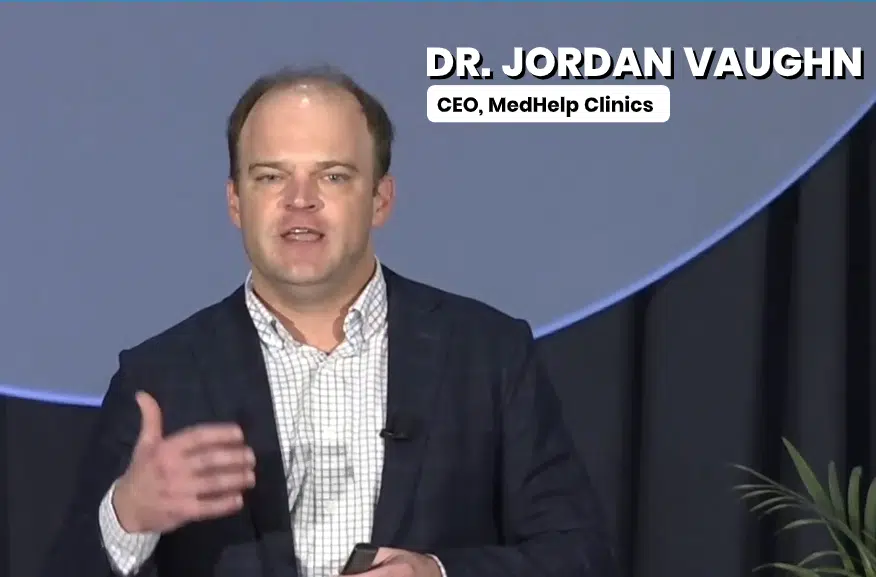In a new article for Real Clear Health, Dr. Paul Marik says it’s time for doctors to revive the conversation on intermittent fasting.

New weight loss and obesity-management drugs can be powerful catalysts for helping people learn to eat less and adopt dietary practices that can sustain a healthier weight and lifestyle over the long term without medication.
But, as Dr. Paul Marik writes in a new op-ed for Real Clear Health, it’s important to understand that excessive consumption of unhealthy food is the real problem. Our shared goal must be to help people take control of this behavior to live healthier lives.
Human beings survived on a diet of mainly lean protein for thousands of years, fasting for most of our waking hours and often eating only one large meal during the day. That changed dramatically in the 20th century, culminating in the U.S. Department of Agriculture publishing a “food pyramid” in 1992 recommending a diet heavy in bread, cereal, rice and grain. Thirty years later, we can see the tragedy of these good intentions. Americans are addicted to carbohydrates and other processed foods that our bodies metabolize as sugar—constantly spiking anxiety, accentuating hunger, and fueling an obesity epidemic that is driving higher rates of chronic disease.
There is growing insight on new approaches to eating that can help reverse this trend. The science is especially promising on intermittent fasting. This isn’t really about eating less food, but rather eating during specific times of the day. This strategy taps the body’s natural ability to process fat and sugar stored in the body and stimulates the immune system by helping the body clear out damaged cells and replace them with newer, healthier cells. It lowers blood sugar and cholesterol, helps the body maintain growth hormones, and reduces insulin resistance which causes fatty liver disease, diabetes, and high blood pressure. New evidence shows intermittent fasting can also help increase cancer survival rates by starving tumor cells, and even reduce the chances of developing Alzheimer’s disease.
It’s important to understand that there is no right or wrong way to do intermittent fasting. The approach can be adapted to individual preferences and lifestyles in a number of ways. My recommendation to patients is to start by skipping breakfast one day a week. Then try it a second day when ready. We can adjust the number of days and time between meals based on how the body responds. Over time, they can create a sustainable change in eating patterns and dietary practices.
Understanding, teaching and sharing these health benefits should be a top priority for the medical community. My organization connects physicians, healthcare practitioners and patients to share information about healthcare strategies like intermittent fasting and healthy eating, creating communities that can drive change. Ultimately, we all need to join forces as doctors, patients, and people to address the fact despite record rates of health insurance coverage, more Americans are suffering from preventable chronic diseases.
Read the full piece at Real Clear Health.





